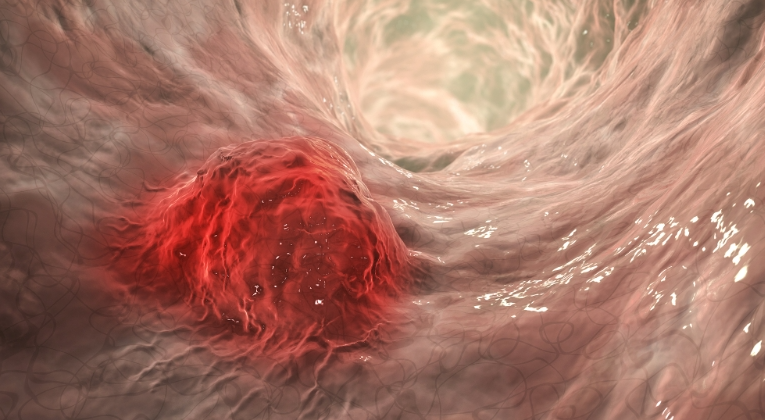A groundbreaking study by researchers from the School of Life Sciences at Lanzhou University in China suggests that bacterial therapy could offer a promising new approach to preventing and treating colorectal cancer. The study highlights the role of the probiotic Limosilactobacillus fermentum GR-3, derived from “Jiangshui,” a traditional fermented food from northwestern China.
The team, led by Professor Li Xiangkai, found that this specific probiotic strain can promote apoptosis (cell death) in colon tumor cells and inhibit their growth. Colorectal cancer patients frequently suffer from an imbalance in gut microbiota and oxidative stress in tumor cells. Unlike standard antioxidants, probiotics like Lactobacillus GR-3 have the unique ability to target the tumor microenvironment while also regulating gut flora.
The researchers initially isolated Lactobacillus GR-3 for its potent antioxidant properties, showing promising results in both animal models and clinical trials. Building on these findings, they explored its potential in colorectal cancer prevention. In drug-induced mice, Lactobacillus GR-3 significantly reduced tumor growth, improved the composition of gut microbial metabolites, and inhibited the proliferation of cancer cells.
The team plans to further investigate the exact mechanisms behind the probiotic’s effects and assess its clinical efficacy. Given the prevalence of colorectal cancer in China, this study provides new insights into the role of probiotics in both cancer prevention and treatment.

